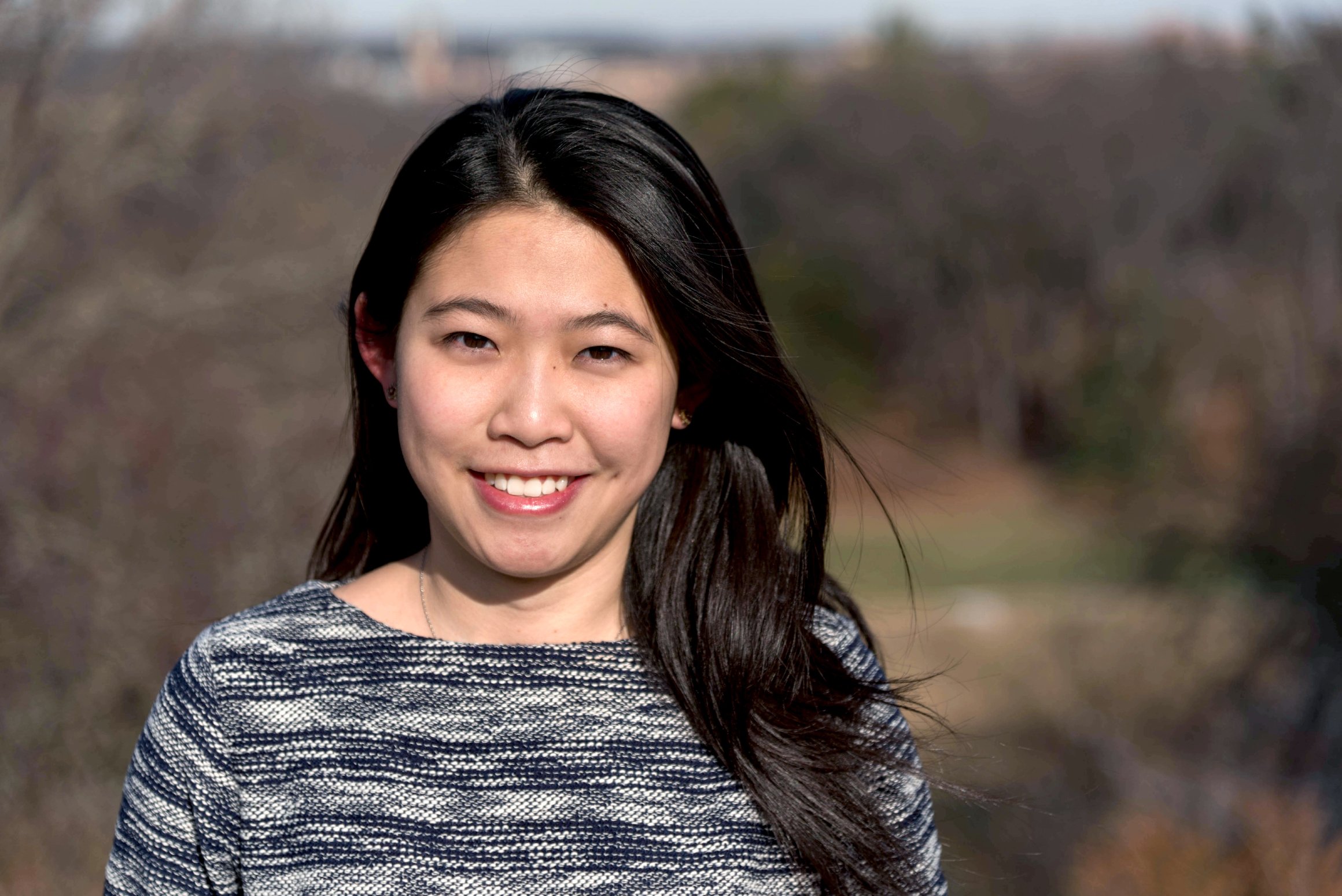"Where do you see yourself in 10 years?" Whether it's for a secondary prompt or on the interview trail, you’ll often be asked this question in some variation, and your response can help portray you as a focused, ambitious individual. There are many ways to go about tackling this question, but it is important to consider the following elements to help you frame your response:
- Events or people who inspire you and pave the path for you
- Tangible opportunities that you can utilize to achieve your aspirations
- The steps that must be taken to make your dreams a reality
Let's use an example to help us out here: imagine your primary interest was in global health and outreach, inspired by Paul Farmer and his creation of Partners in Health. You can utilize the missions of his organization to consider how your aspirations in this field may be similar or different. Then, you can delve into what your own goals are, ranging from providing affordable healthcare screening to underserved communities to expanding medical access to rural neighborhoods. Through the example of Partners in Health, you are able to draw inspiration from existing initiatives, as well as showcase that you have done your research in what is already present in this area. From this stepping point, you can then discuss what you have already accomplished that is related to this topic, whether it is volunteering in your local community or running nonprofit organizations, or discuss how you hope to enhance these existing structures. After all, the focus of the essay needs to be about you, what you have done, and what you aspire to do.
Next, you must consider how to make your goals tangible. Let’s see this in action with some more examples. Rather than stating that you want to work on healthcare policy for underserved communities, note specific roles that would help you fulfill your goals, such as becoming the Director of Center for Medicare and Medicaid Services. Instead of stating that you want to do cancer research, draw on your prior experiences in the lab to note some other questions you have and how you might go about solving them. Being specific allows your application reviewers to concretely understand who you are and what you hope to achieve. In that vein, it is important to map out what steps you want to take to get you to your goals. For instance, are you planning on additional schooling? Would another degree, such as a MBA, MPH, MPP, or PhD help you achieve your goals? Discussing these pathways is appropriate during your essay, and if the program offers joint degrees, it is worth asking on interview day about these experiences.
It is also worth thinking about what you plan to do in the years between your clinical training and your ultimate goals. If you are interested in research, would you continue your research at large tertiary institutions? If so, this kind of path may fit applying to certain medical schools better than others. If you were interested in community medicine, which grants might you be interested in applying for and which organizations would you be interested in being involved in? What is your experience in this realm? These are just some of the many questions to consider and then delve into through writing.
Lastly, no matter what your goals are, always take the time to focus on clinical medicine as well. During several of my medical school interviews, interviewers also wanted to see that I was aware that medicine would be an engrossing, time-consuming endeavor for many years of training. This is a commitment you should vocalize.
When you answer where you see yourself in 10 years, you are giving insight into who you are as an applicant and who you might be as a future doctor. Consider your lived experiences, unique identity, and aspirations carefully, and you'll be well on your way to stand out as a well-prepared, focused applicant (both on paper and on interview day)!

Comments